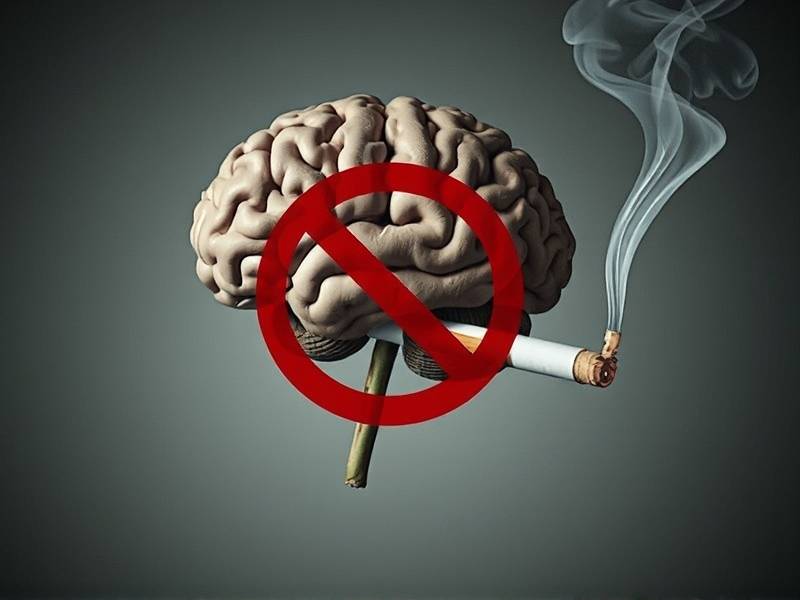What Does the Brain Do When You Quit Smoking?
The Intricate Brain Changes That Occur When You Quit Smoking
Introduction: Quitting smoking is a significant decision that can lead to profound changes not only in one's physical health but also in the brain. Understanding what happens in the brain when you quit smoking can provide motivation and insight into the challenges and rewards of this life-changing journey. Let's delve into the fascinating world of neuroscience and explore the effects of quitting smoking on the brain.
I. The Immediate Impact of Quitting Smoking

A. Withdrawal Symptoms When you stop smoking, your body experiences withdrawal symptoms as it adjusts to the absence of nicotine. These symptoms include cravings, irritability, anxiety, and difficulty concentrating. However, these symptoms are temporary and usually subside within a few weeks.
B. Nicotine's Role in Brain Chemistry Nicotine acts as a stimulant by binding to nicotine receptors in the brain, leading to increased levels of dopamine – a neurotransmitter responsible for pleasure and reward. Quitting smoking disrupts this balance, causing an initial dip in dopamine levels.
II. The Long-Term Effects on Brain Function
A. Improved Memory and Concentration As your body clears nicotine from its system, cognitive functions such as memory and concentration begin to improve. Studies have shown that individuals who quit smoking experience enhanced cognitive abilities within a few weeks to months.

B. Reduced Risk of Neurodegenerative Diseases Long-term smokers are at an increased risk of neurodegenerative diseases like Alzheimer's and Parkinson's disease due to chronic exposure to toxins present in tobacco smoke. Quitting smoking reduces this risk, potentially improving long-term brain health.
C. Enhanced Cognitive Reserve Cognitive reserve refers to the brain's ability to withstand damage from aging or disease processes. By quitting smoking, you build up your cognitive reserve, making it more challenging for age-related cognitive decline or neurodegenerative diseases to take hold.
III. Neural Adaptations Post-Quitting Smoking
A. Neuroplasticity Neuroplasticity is the brain's ability to change and adapt throughout life. When you quit smoking, your brain begins reorganizing itself by forming new neural connections that reduce cravings and improve overall well-being.
B. Increased Dopamine Levels Over Time While dopamine levels initially decrease when you quit smoking, they eventually return to normal levels as your body adjusts to being nicotine-free. Furthermore, research suggests that long-term non-smokers may experience higher dopamine levels than smokers.
Conclusion: The journey of quitting smoking has profound effects on the brain that go beyond immediate withdrawal symptoms. Understanding these changes can provide hope and motivation for those seeking to kick the habit for good. By adopting a smoke-free lifestyle, individuals can expect improved cognitive function, reduced risk of neurodegenerative diseases, and enhanced overall brain health over time.
